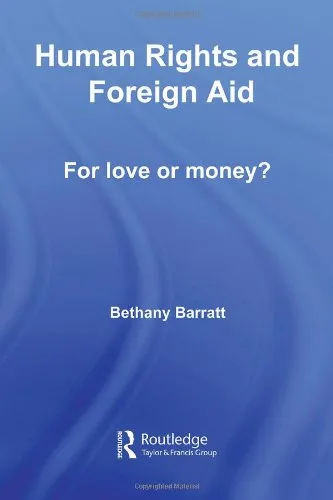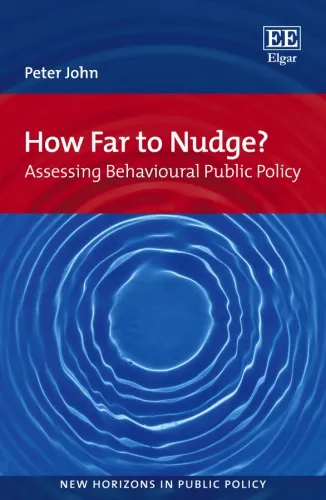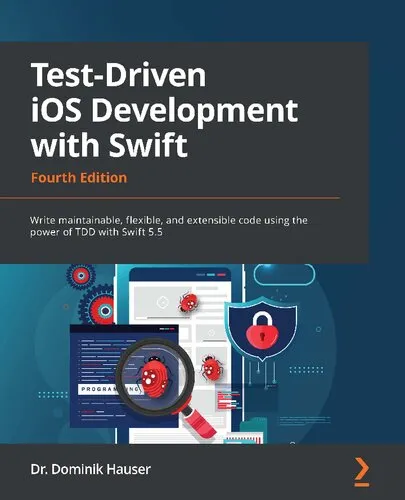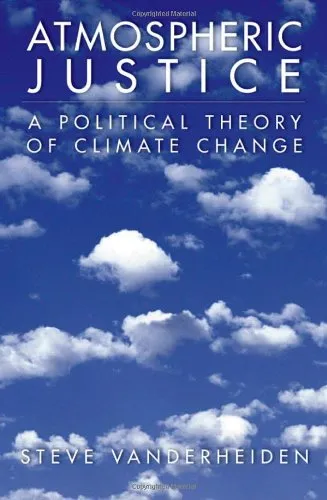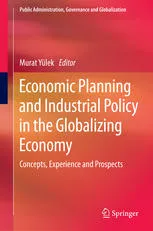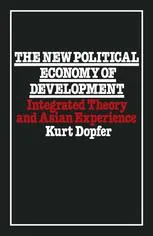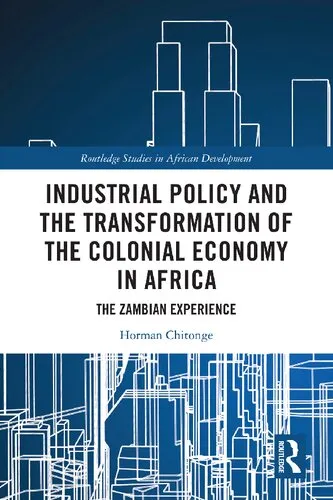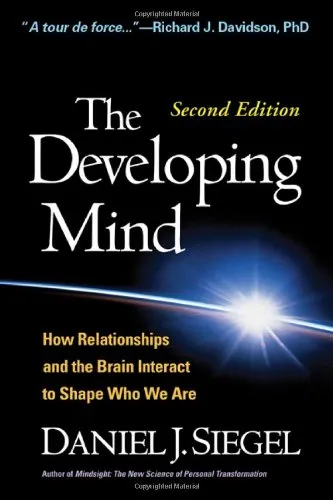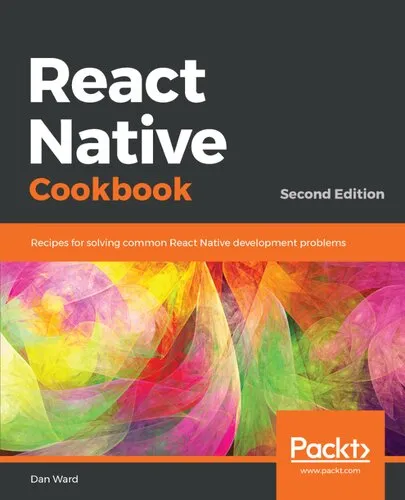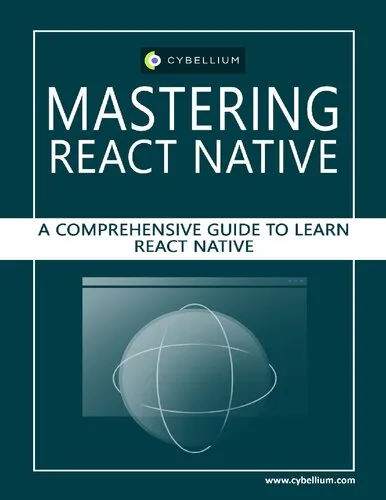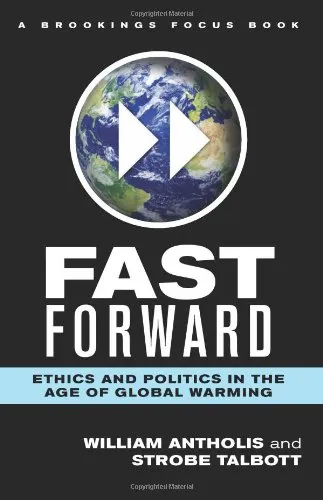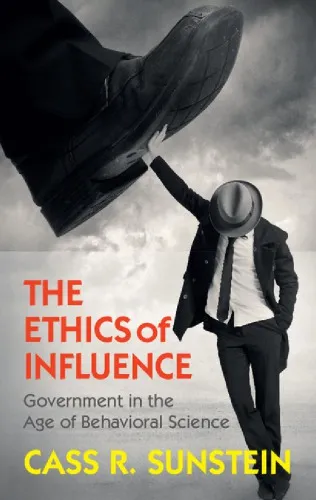Human Rights and Foreign Aid: For Love or Money? (Routledge Research in Human Rights)
4.9
Reviews from our users

You Can Ask your questions from this book's AI after Login
Each download or ask from book AI costs 2 points. To earn more free points, please visit the Points Guide Page and complete some valuable actions.Related Refrences:
Introduction to Human Rights and Foreign Aid: For Love or Money
Welcome to Human Rights and Foreign Aid: For Love or Money, a comprehensive exploration of the intersection between altruism, political strategy, and the ethical dilemmas inherent in international aid practices. In this book, we aim to shine a light on the complex relationship between human rights imperatives and the motivations behind foreign aid, whether driven by compassion or national interest.
Foreign aid has long been heralded as a beacon of hope for vulnerable populations worldwide, a means to alleviate suffering, and a step toward fostering global equity. But beneath the surface lies a complex tapestry of questions: Is foreign aid truly about advancing human rights? Or is it often wielded as a geopolitical tool, motivated more by self-interest than benevolence? This book dives deep into these questions, analyzing both the theoretical underpinnings and real-world applications of foreign aid policies.
Through a combination of rigorous research, case studies, and critical analysis, this book invites readers to examine foreign aid not only as a financial transaction but as a moral responsibility. Whether you are a policymaker, activist, or global citizen, Human Rights and Foreign Aid: For Love or Money challenges you to rethink the narratives we have often taken for granted about international solidarity and the global aid complex.
Summary of the Book
What is the book about?
The book is divided into several thematic chapters, each tackling a different aspect of the foreign aid and human rights nexus. Key areas explored include the history of foreign aid, its ties to colonial legacies, and the ethical dilemmas that arise when donor nations prioritize their interests over recipient needs. Through detailed case studies from regions such as Sub-Saharan Africa, Southeast Asia, and the Middle East, the book demonstrates how foreign aid policies are often shaped by power asymmetries, rather than the humanitarian ideals touted by donor countries.
Additionally, Human Rights and Foreign Aid: For Love or Money explores whether foreign aid genuinely empowers local communities or reinforces dependencies. It discusses the role of multilateral organizations, non-governmental actors, and private corporations, highlighting how their relationships with donor and recipient countries impact real-world outcomes. The book contemplates both the triumphs and failures of foreign aid programs, critically examining their implications for long-term development and justice.
Key Takeaways
- Foreign aid is far from neutral—it is inherently political, influenced by historical, social, and financial factors.
- Viewing foreign aid solely as an act of altruism obscures the self-serving motives that often dictate its flow.
- The effectiveness of foreign aid is contingent on how well it aligns with the recipient community’s rights and needs, as opposed to the donor's agenda.
- Genuine human rights advocacy must prioritize accountability and foster genuine partnerships rather than enforce dependency.
- Transparency and ethical decision-making should be at the heart of both donor and recipient frameworks in the global aid system.
Famous Quotes from the Book
"Foreign aid is not charity. It is a transaction—a subtle, yet potent exchange of money for influence, wealth for control, and assistance for compliance."
"When human rights are leveraged as a currency between nations, the very sanctity of those rights is compromised."
"Global solidarity must not stop at rhetoric. True commitment to humanity begins when donors place dignity and agency above their own ambition."
Why This Book Matters
Who should read this book, and why?
Human Rights and Foreign Aid: For Love or Money is a must-read for anyone who seeks to understand the power dynamics shaping our world today. With its balanced approach, the book engages both critics and proponents of foreign aid, bridging the gap between academic analysis and practical solutions. It is particularly valuable for policymakers, international relations students, human rights activists, and development professionals who wish to navigate the challenging ethical terrain of foreign aid.
In an era of unprecedented global challenges—ranging from climate crises to growing inequality—this book underscores the urgent need to rethink how the global community delivers aid. By bringing to light the moral questions and systemic flaws within the current aid model, the book does not merely critique but inspires its readers to envision a more equitable and effective framework for international collaboration.
At its heart, this book is a rallying call for greater accountability, respect, and justice in global aid practices. It challenges readers to confront uncomfortable truths, urging us all to move beyond surface-level reforms toward profound changes that center human rights in all its dimensions.
Free Direct Download
You Can Download this book after Login
Accessing books through legal platforms and public libraries not only supports the rights of authors and publishers but also contributes to the sustainability of reading culture. Before downloading, please take a moment to consider these options.
Find this book on other platforms:
WorldCat helps you find books in libraries worldwide.
See ratings, reviews, and discussions on Goodreads.
Find and buy rare or used books on AbeBooks.
1244
بازدید4.9
امتیاز0
نظر98%
رضایتReviews:
4.9
Based on 0 users review
Questions & Answers
Ask questions about this book or help others by answering
No questions yet. Be the first to ask!
